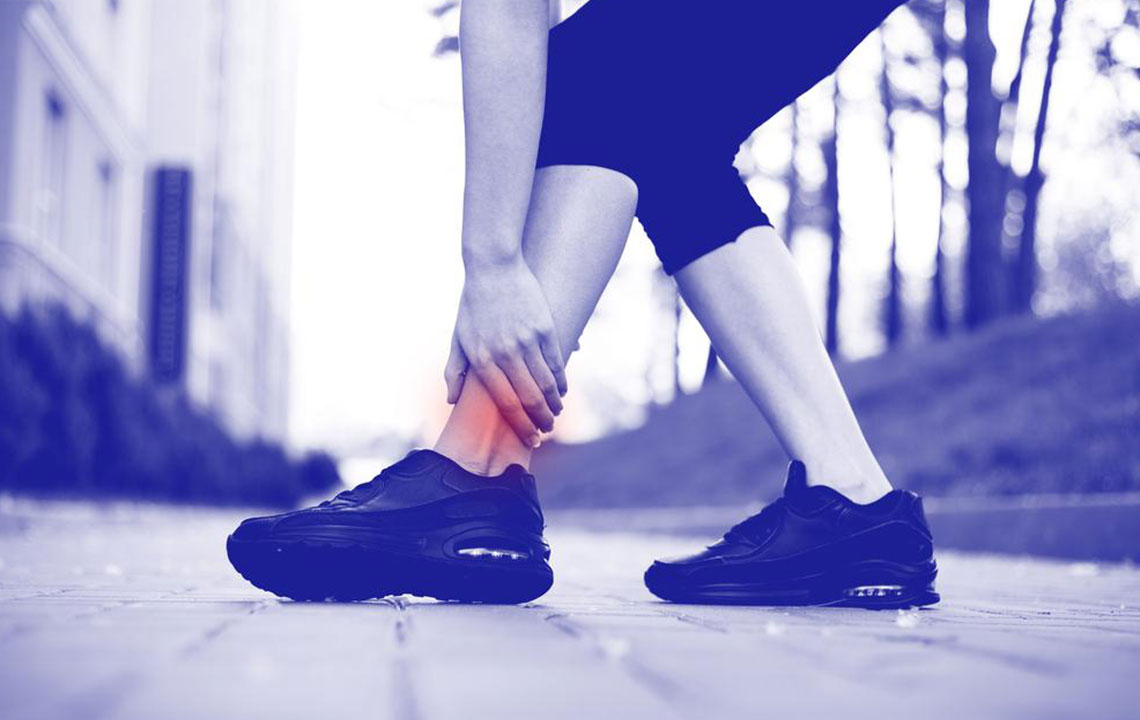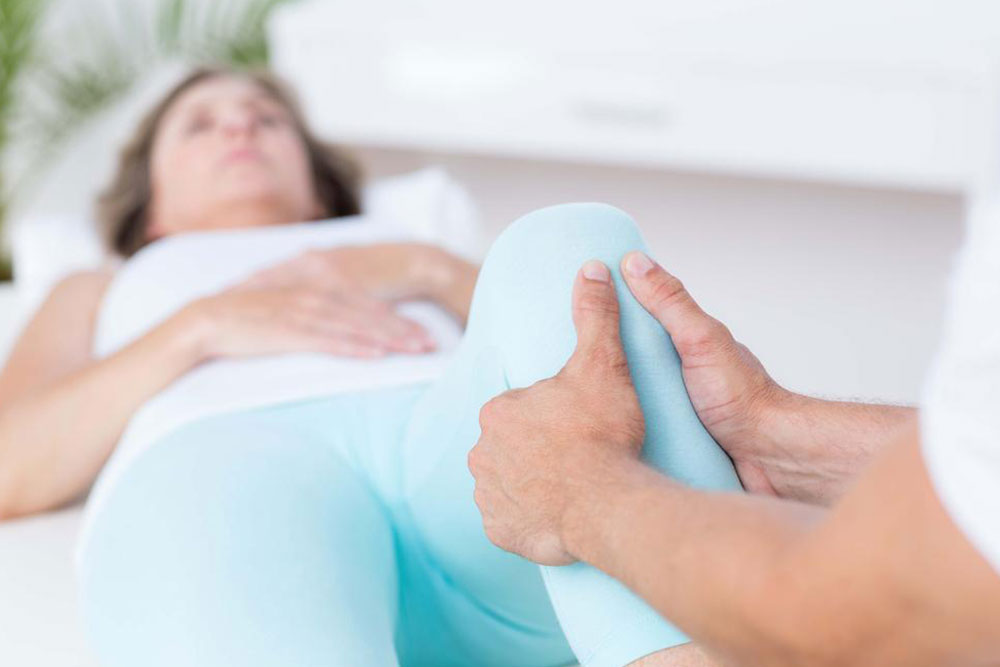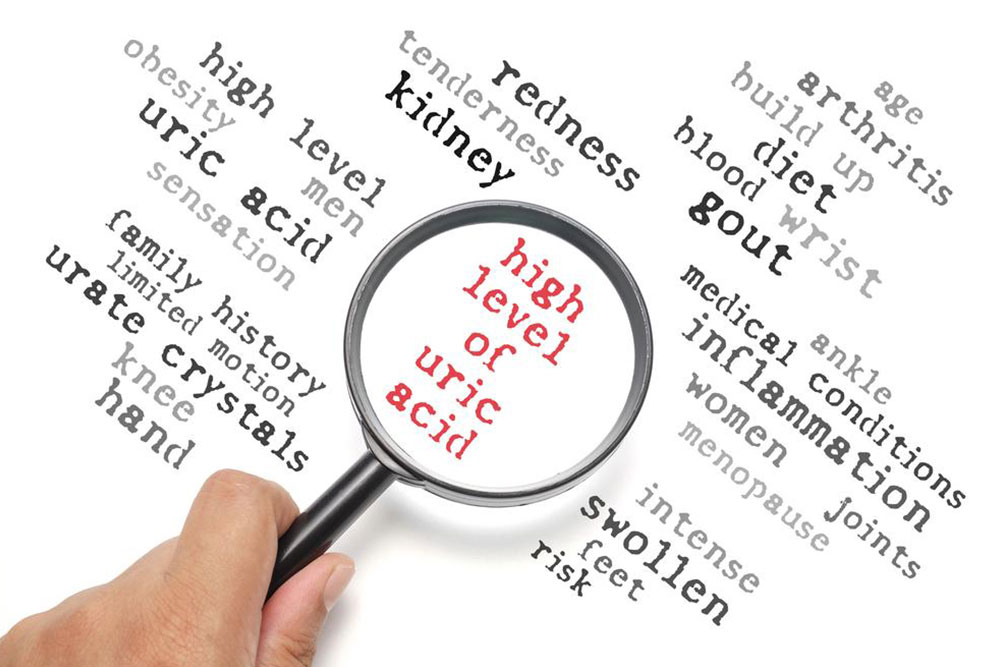Top Strategies to Manage Restless Leg Syndrome Naturally
Discover natural and effective ways to manage Restless Leg Syndrome. This article covers dietary changes, sleep hygiene, supplements, exercise, and lifestyle tips to alleviate symptoms and improve quality of life. Suitable for those seeking non-medical interventions, these strategies help reduce discomfort and sleep disturbances caused by RLS.
Sponsored

Restless Leg Syndrome (RLS) is characterized by an uncontrollable urge to move the legs, often linked to uncomfortable sensations. This reflexive need can appear unexpectedly, making it tough to ignore and causing significant discomfort.
This condition frequently interferes with sleep, leading to sleep deprivation, which contributes to daytime fatigue, irritability, low energy, and mood disorders. Understanding and managing RLS is crucial for improving quality of life.
RLS is a common neurological disorder affecting both genders, with higher prevalence among women. Its symptoms tend to worsen in the evening or at night, disrupting restful sleep patterns. An estimated 10% of the population experiences RLS, which can become more severe with age, especially in middle-aged and older adults.
Diagnosing RLS can be tricky, as symptoms often fluctuate and resemble other conditions. While no specific cause has been pinpointed, factors like pregnancy, certain medications, and chronic health issues can influence its development.
Pregnancy, particularly in the third trimester, often triggers RLS symptoms, which usually subside postpartum. Medications such as antidepressants, antihistamines, and anti-nausea drugs may exacerbate symptoms. Chronic illnesses like diabetes, kidney failure, Parkinson’s disease, and iron deficiency are also linked to RLS.
Though diagnosis can be challenging, various non-medical approaches help alleviate symptoms. Here are some effective natural remedies for RLS.
Dietary Adjustments: Avoid stimulating substances like caffeine, alcohol, tobacco, and processed foods containing these components. Eliminating these triggers can significantly reduce RLS symptoms.
Proper Medication Use: Always consume medications under medical supervision. Certain drugs such as muscle relaxers and sleep aids can help manage RLS, but should be used cautiously and with guidance.
Vitamin and Mineral Support: Ensuring adequate intake of iron, magnesium, folic acid, and vitamin B complex can help combat deficiencies linked to RLS. Dietary supplements may assist, but only under medical advice.
Sleep Hygiene: Establishing a consistent sleep schedule and creating a relaxing environment can help reduce leg movement urges. Prioritizing restful sleep is a key part of managing RLS.
Physical Activity: Regular exercise, along with massage therapies such as hot or cold packs, can ease symptoms. Maintaining an active lifestyle benefits overall health and alleviates RLS discomfort.
Employing these natural remedies can offer significant relief from RLS symptoms, improving sleep quality and daily well-being.






